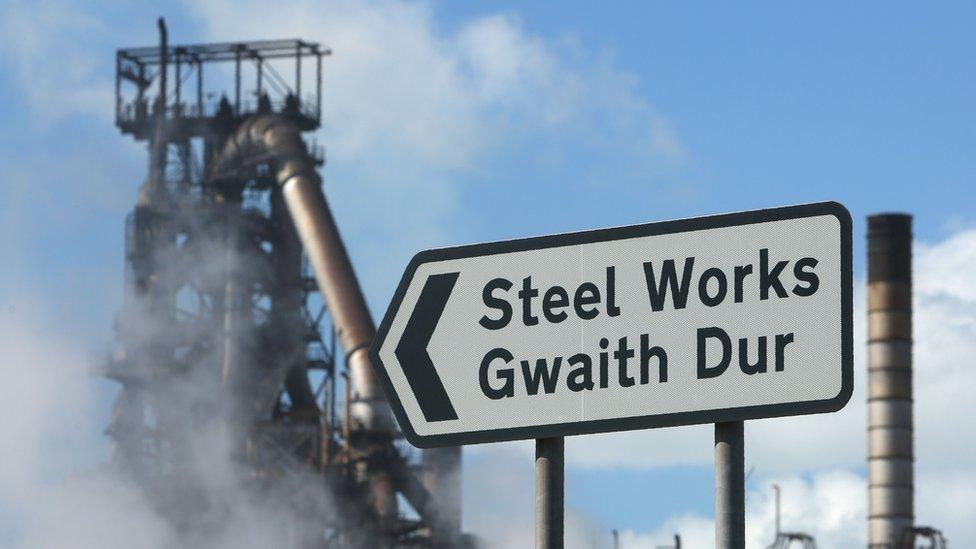EU referendum: Measuring the influence of the media
- Published
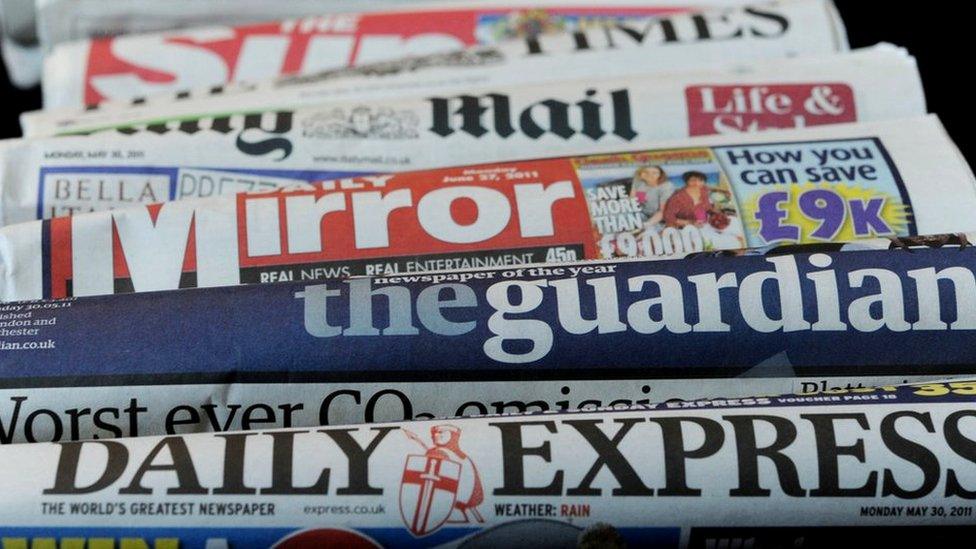
Over recent weeks, many people may have felt bombarded by EU referendum coverage.
But how much influence do the front pages, social media and broadcasters have on the way we will vote?
The Sun and The Times have both taken different sides in the Brexit debate, while Welsh titles are among those that have hinted at an allegiance.
Politicians have long courted a supportive front page but one newspaper veteran is sceptical of the practice.
Mario Basini covered countless elections for the Western Mail, although he has confessed his memories of the 1975 European referendum are hazy.
Nevertheless, he has been in the business long enough to form the opinion that a newspaper's endorsement is over-egged.
"I've always been extremely weary about whether or not the printed press actually leads public opinion," he said.
"It has always seemed to me that the most practiced, professional exponents have always been able to tune in to what the public want very, very quickly and take the argument on from there."
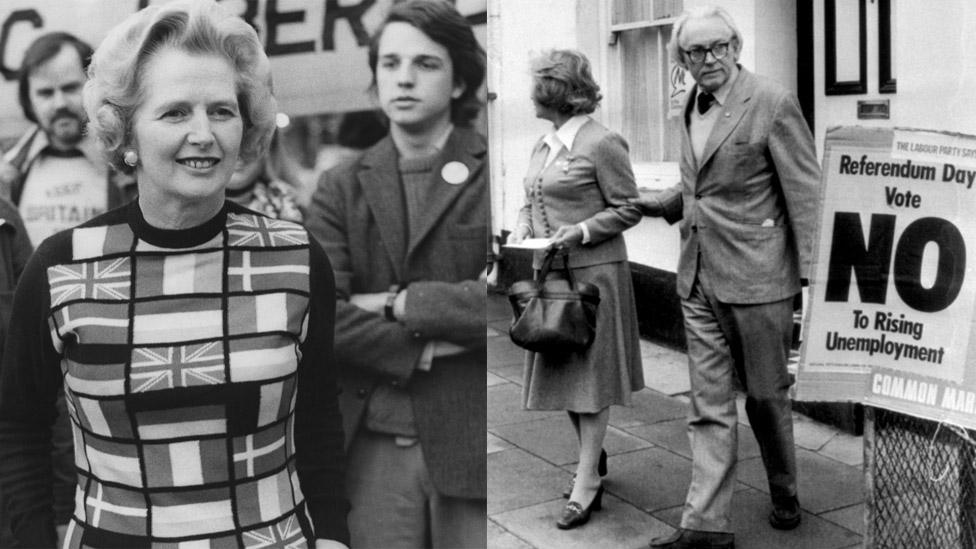
Margaret Thatcher voting to stay in Europe and Michael Foot leaving his constituency home in Tredegar to vote out in the June 1975 referendum
Mr Basini added that the current referendum campaign has needed little encouragement from hard-nosed newspaper hacks.
"This time it seems to me the difference is you don't need the hyperbolic sub-editors or the hyperbolic headline writers to create hot air and sensationalism, because all of that is coming from the politicians themselves," he said.
"In this case it's the politicians who are leading the journalists."
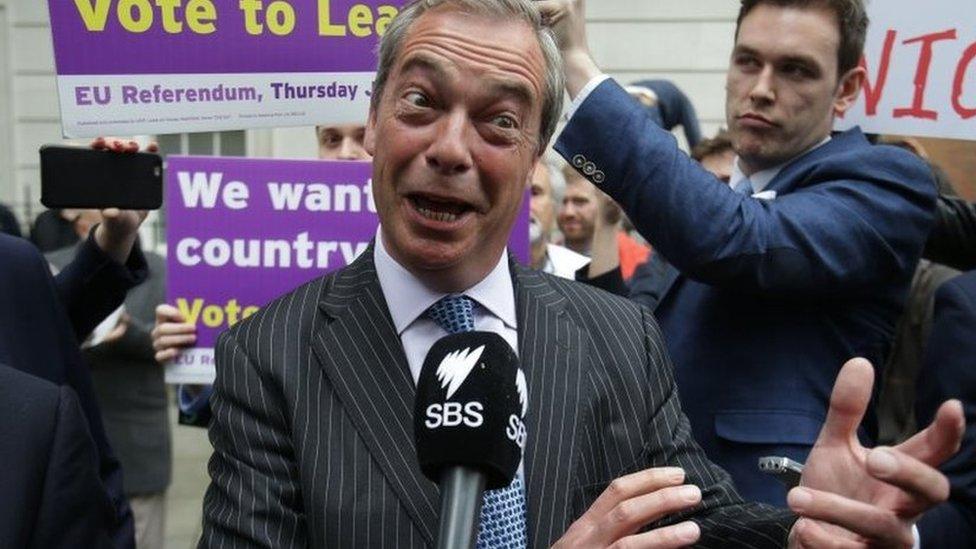
Nigel Farage talks to the media during a Leave event
So if the printed press is not influencing voters, who is paying attention? The answer is the rest of the media, according to Dr Mike Berry from Cardiff University.
"The press doesn't just influence public opinion, it also has an impact on other news outlets, particularly the broadcasters," he said.
"Newspapers have a direct influence on the audience, they have an influence as well in terms of setting the agenda in other parts of the media, and they also have an effect on policy makers and politicians themselves.
"Alistair Campbell, famously, was very interested not so much in the broadsheets but in how things were reported in the tabloids, because there was an expectation that the tabloids were very significant in influencing public opinion."
Talking about the influence of the press may seem outdated when circulations have plunged since the famous front pages of the past.
While the newspapers' online sites are generally matching their printed coverage of the referendum, the furnace of the online debate is fired by social media.
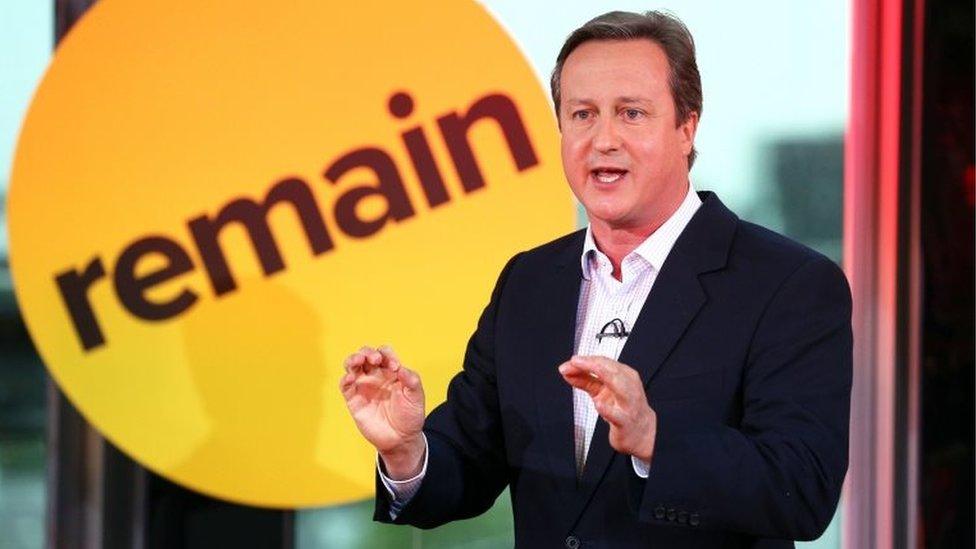
David Cameron taking part in a debate organised by Buzzfeed
Thousands of messages flood Twitter during every hour of the referendum campaign. Short statements argue one side or the other, sometimes sharing the latest campaign image or publicity stunt.
The fog of comment can be hard to penetrate. But one Welsh company has been wading through the messages in an attempt to present a clearer picture of social media's reaction to the EU referendum.
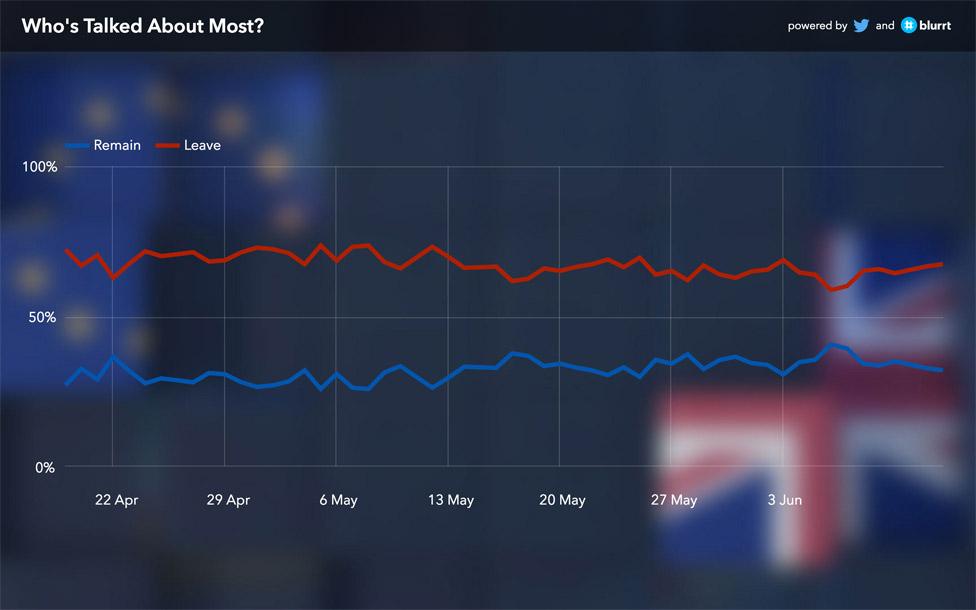
Cardiff-based Blurrt has worked with Twitter and the Press Association to convert millions of tweets into graphs and visualisations, external that show the strength of feeling, and the personalities getting the most attention.
Blurrt chief executive Jason Smith said its research showed Vote Leave was "getting more traction on Twitter than the Remain campaign".
"They probably see themselves as the underdog, so for them to overcome the natural obstacles that are in place, they and their supporters will promote themselves a lot more on social media than perhaps the Remain campaign, where it's more of a status quo," he said.
Mr Smith said there were "spikes in conversations" on social media in reaction to campaign events reported by the mainstream press, but that its research showed much of the online debate was tinged with negativity.
"We measure not just the sentiment but the emotions that people are expressing. What's quite striking is the very strong negativity that's being expressed, in terms of fear and anger."
With just a few days to go, both sides will be shouting even louder in print, online and on air as polling day approaches.
- Published26 May 2016
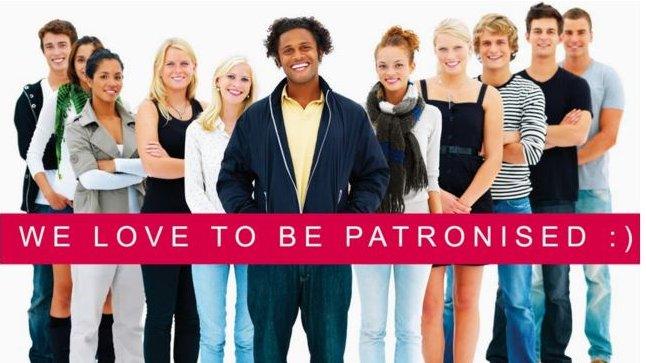
- Published22 February 2016
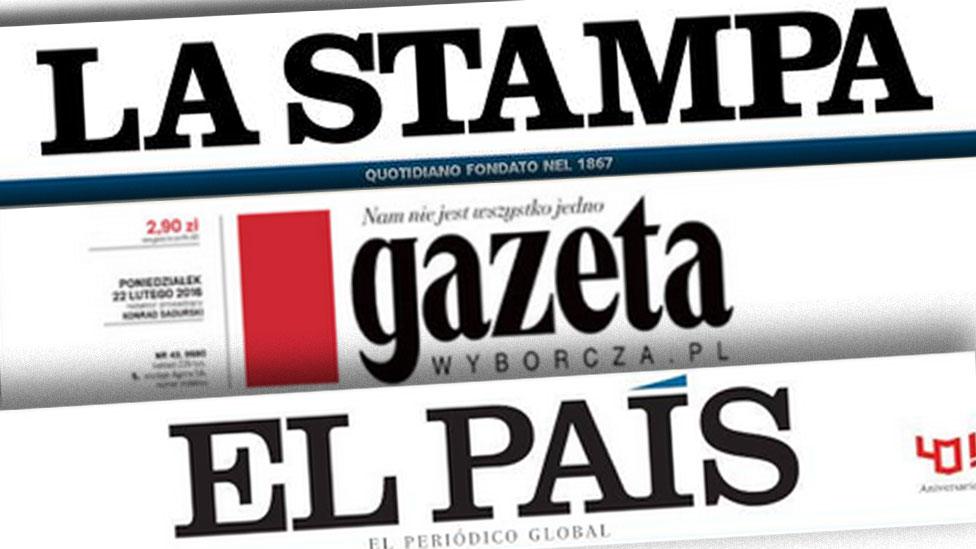
- Published10 May 2016
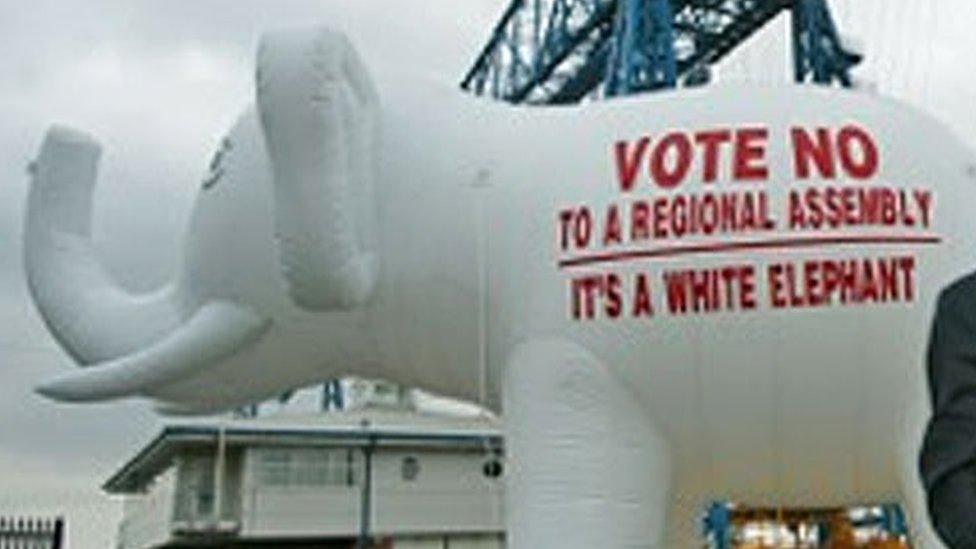
- Published24 May 2016
